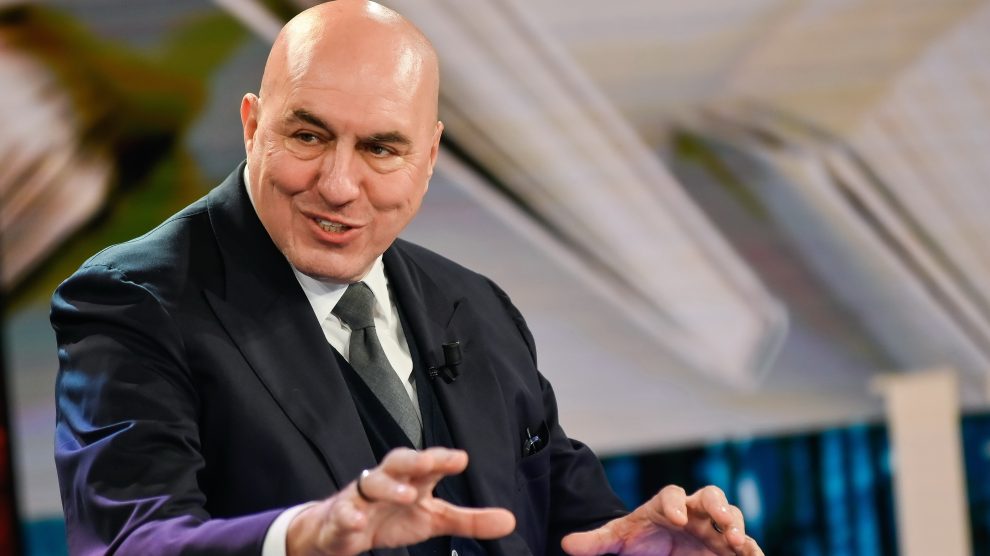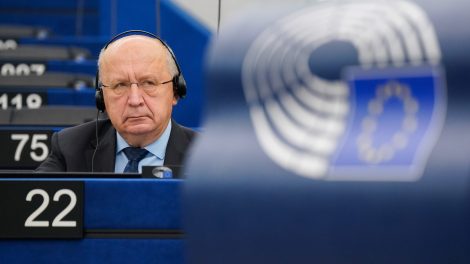Mind battles matter. Italy’s Defence Minister, Guido Crosetto, argues that contemporary cognitive warfare demands a transformation in which journalists, communicators, and digital experts—including military specialists—play a central role in national defence.
- “A country’s defence, especially in such troubled times, must not become a political battleground,” he said in an interview with Prima Comunicazione magazine.
- Crosetto stressed that lingering uncertainty and political divisions over rearmament—both within Italy and across Europe—weigh “heavily” on public confidence.
- He cited a “still fragile sense of community” and limited trust in institutions as obstacles to Italy’s cohesive response.
An effective communication. To address these challenges, Crosetto plans “a real, concrete and effective Defence communication network, managed centrally, firmly institutional and deliberately distinct from ‘political’ messaging.”
- He emphasised that ministers are “pro tempore” and should serve as “instruments” of institutional communication rather than its drivers.
Digital and AI upskill. Under Crosetto’s leadership, the Ministry of Defence is overhauling its communications teams across all armed services.
- New training will focus on AI-driven platforms, social‑media management, database integrity and marketing tools to counter digital threats.
Transparency as a shield. “Ahead of fake‑news interference, the media’s role remains crucial—but only if it is rigorous and professional,” Crosetto said, calling for “a Defence that is transparent, honest, factual, neither alarmist nor complacent.”
- He outlined plans for bespoke outreach and a granular network connecting the national headquarters with local newspapers, radio stations, and other outlets, supplying them with “serious and transparent information.”





